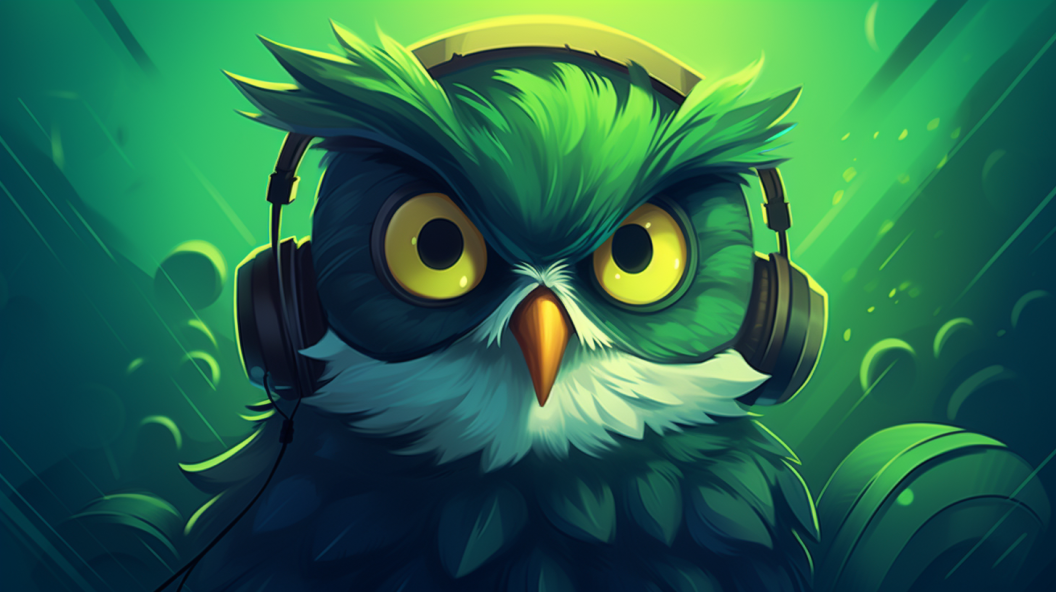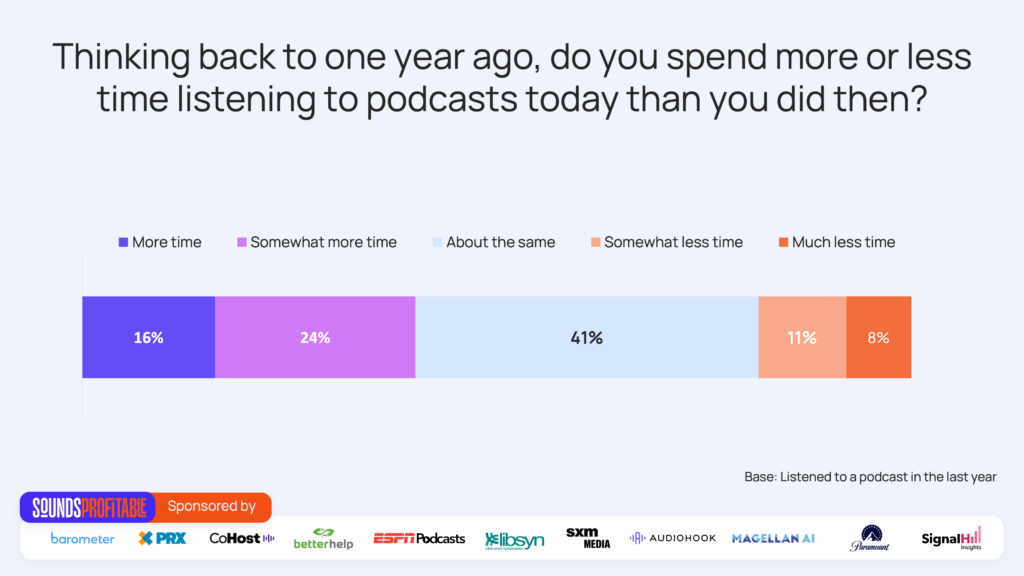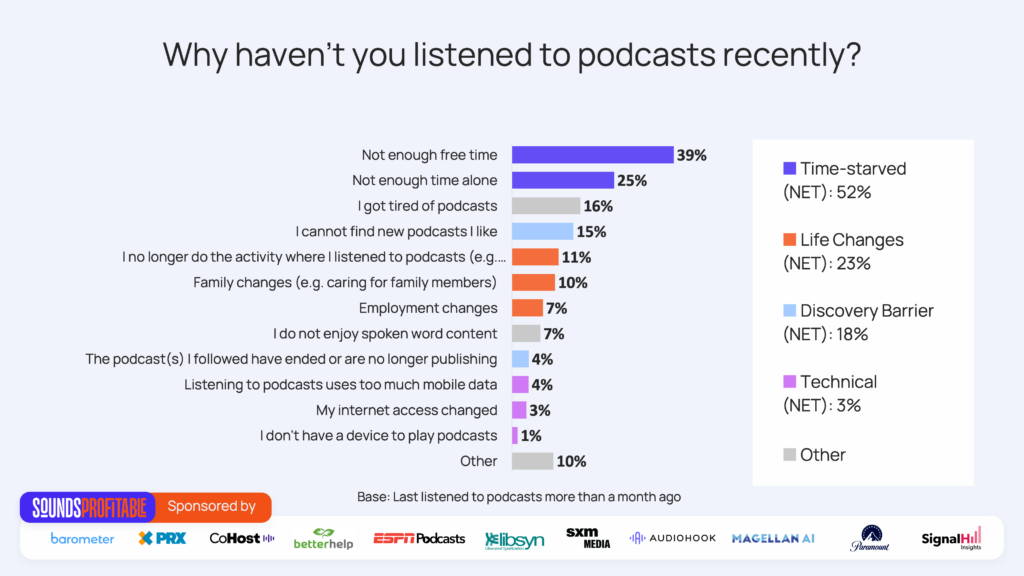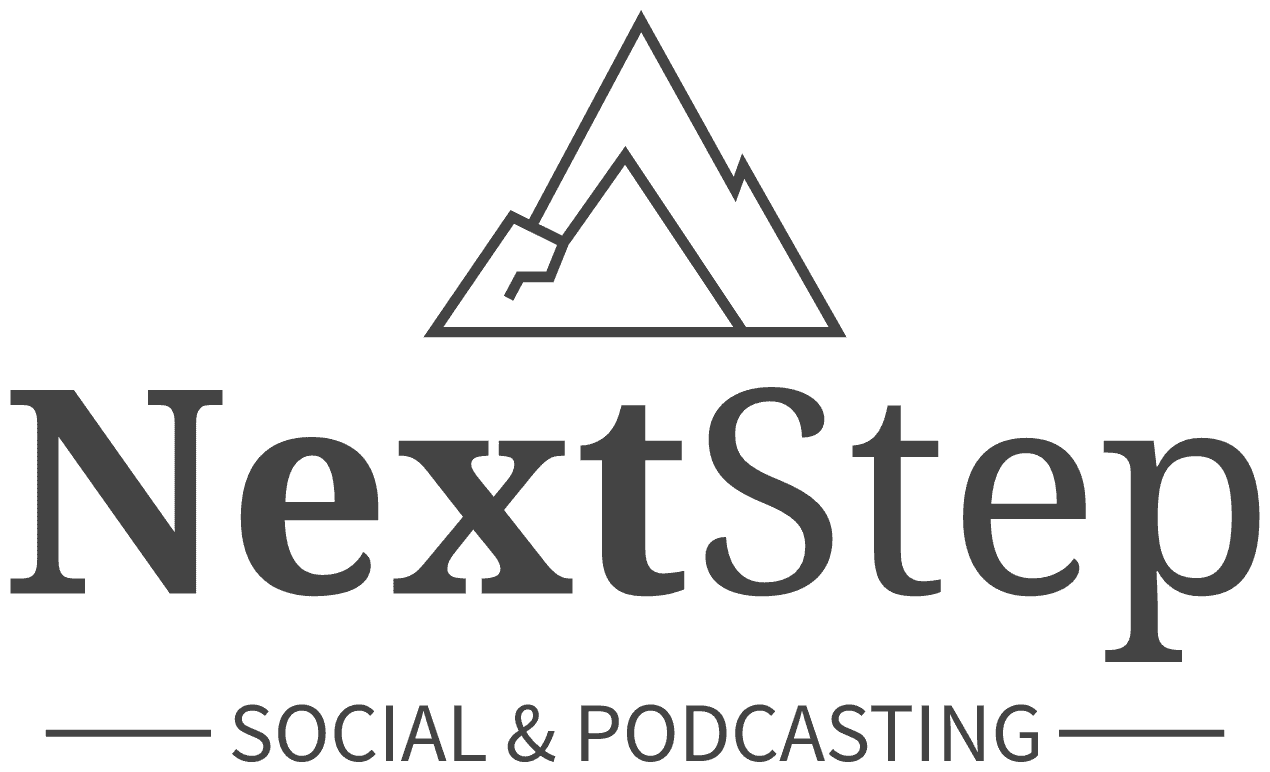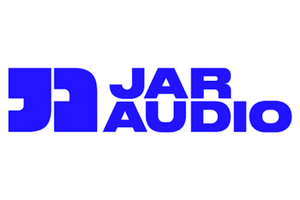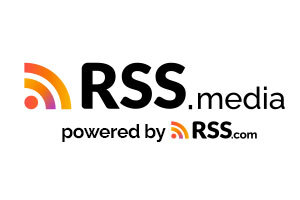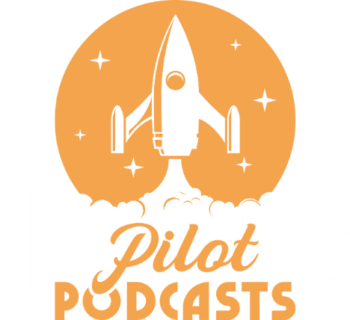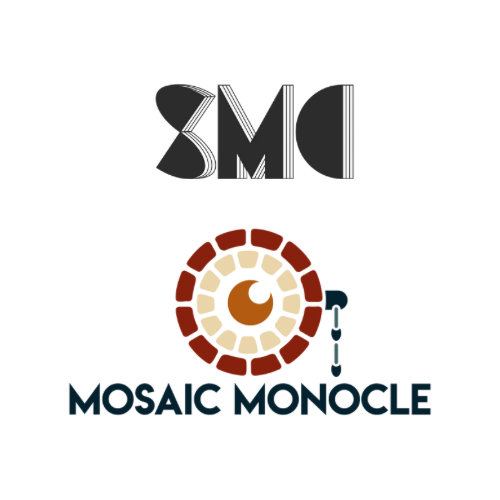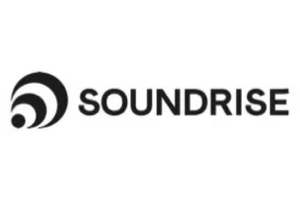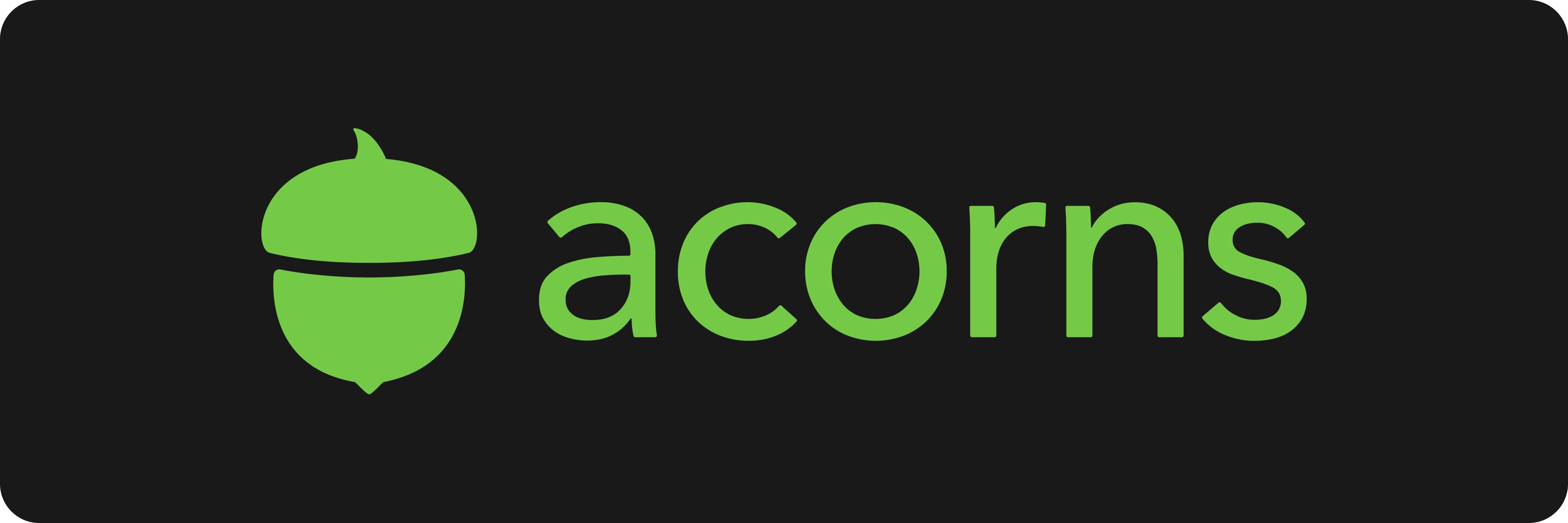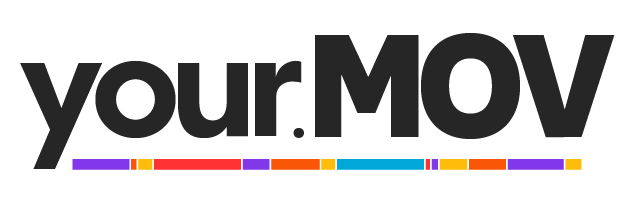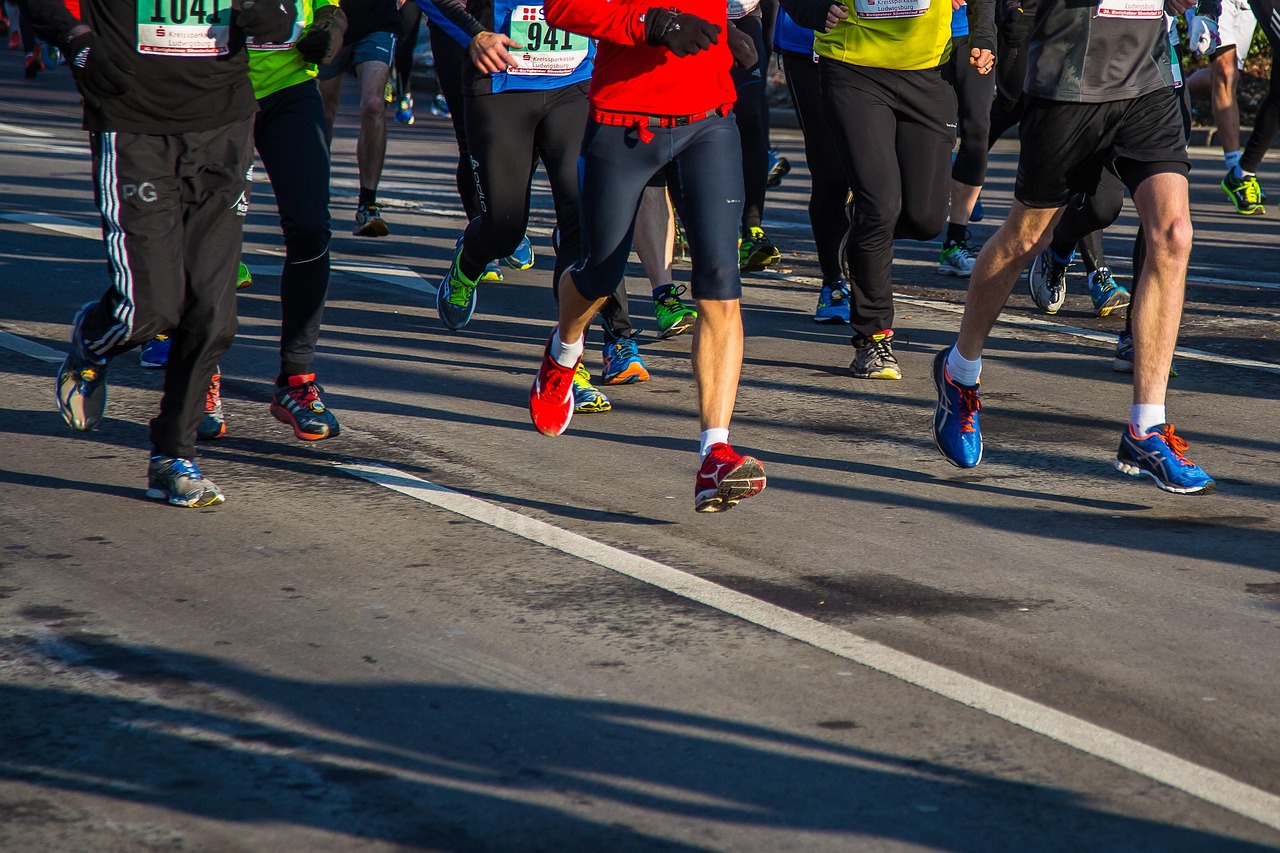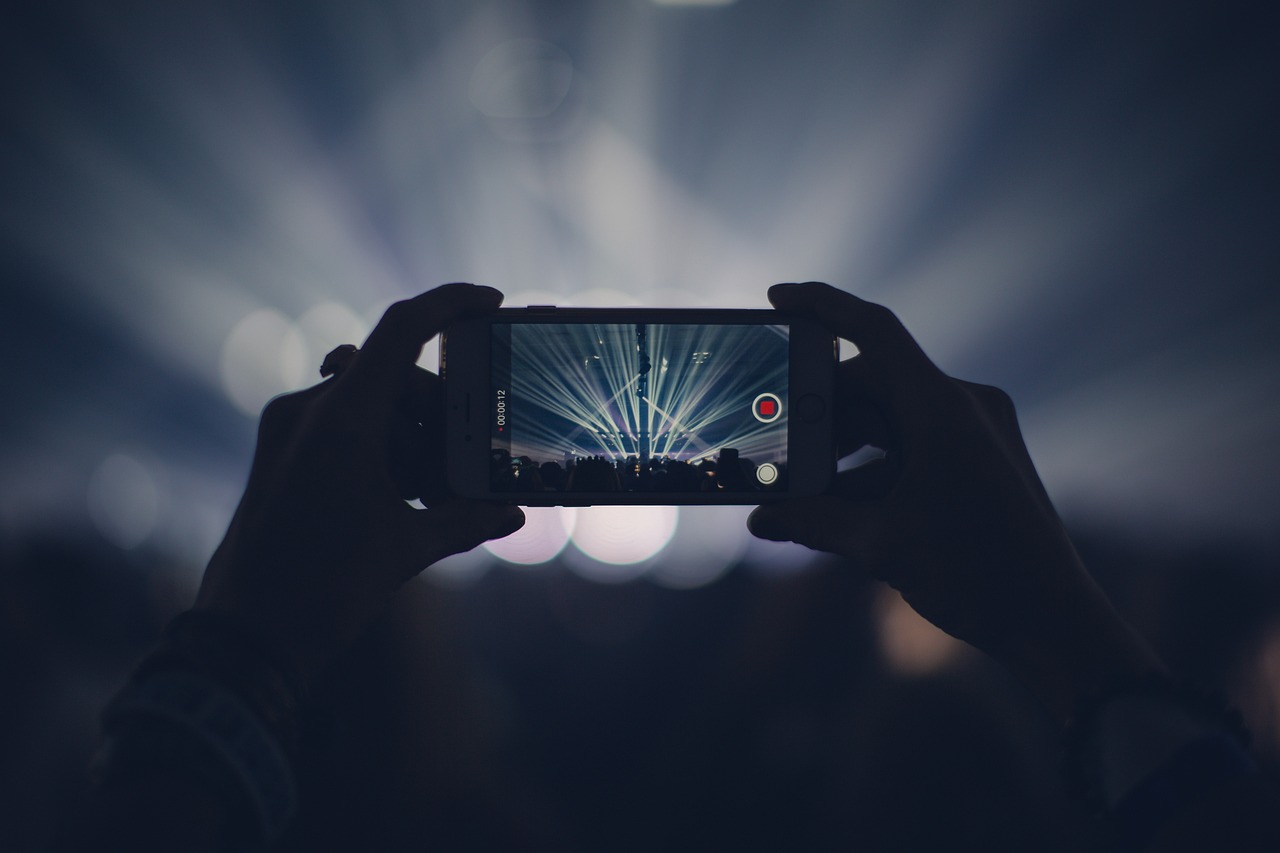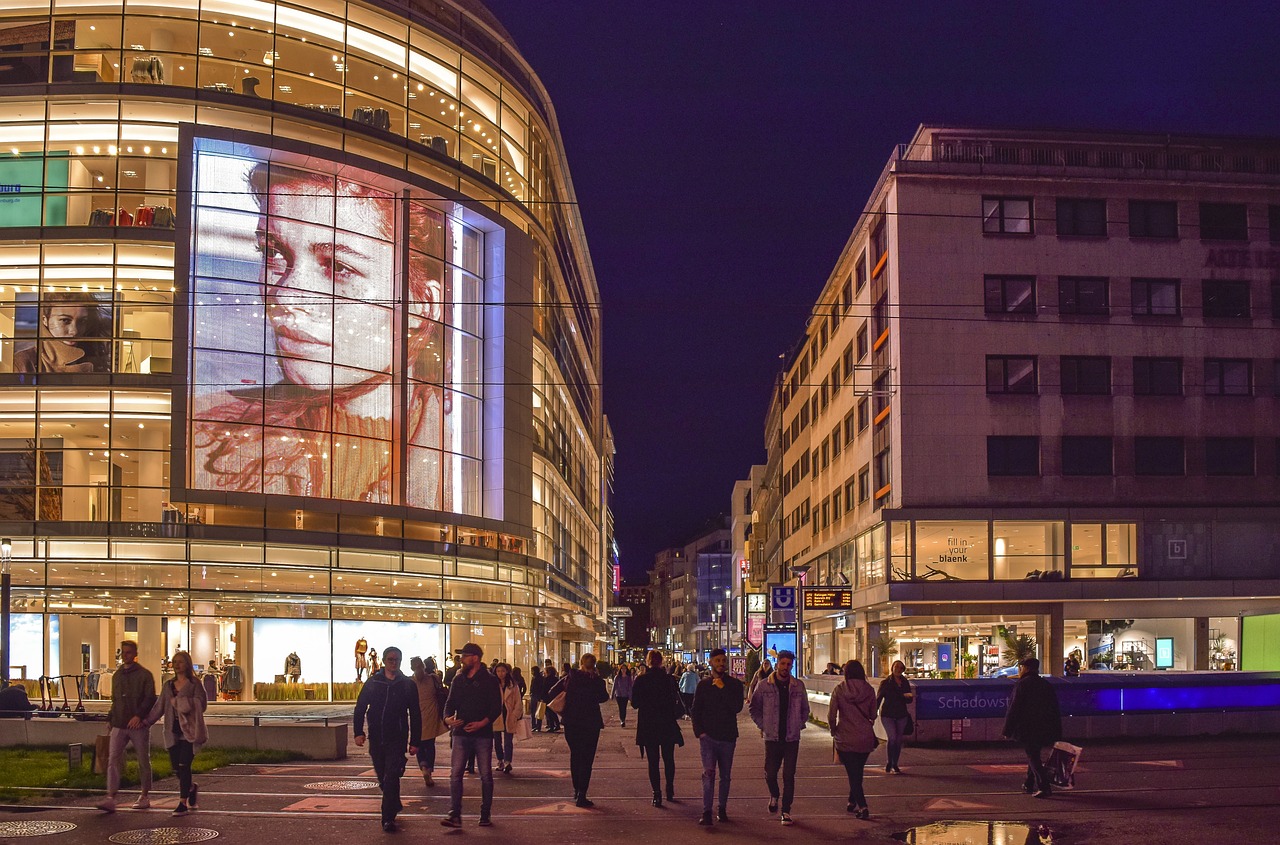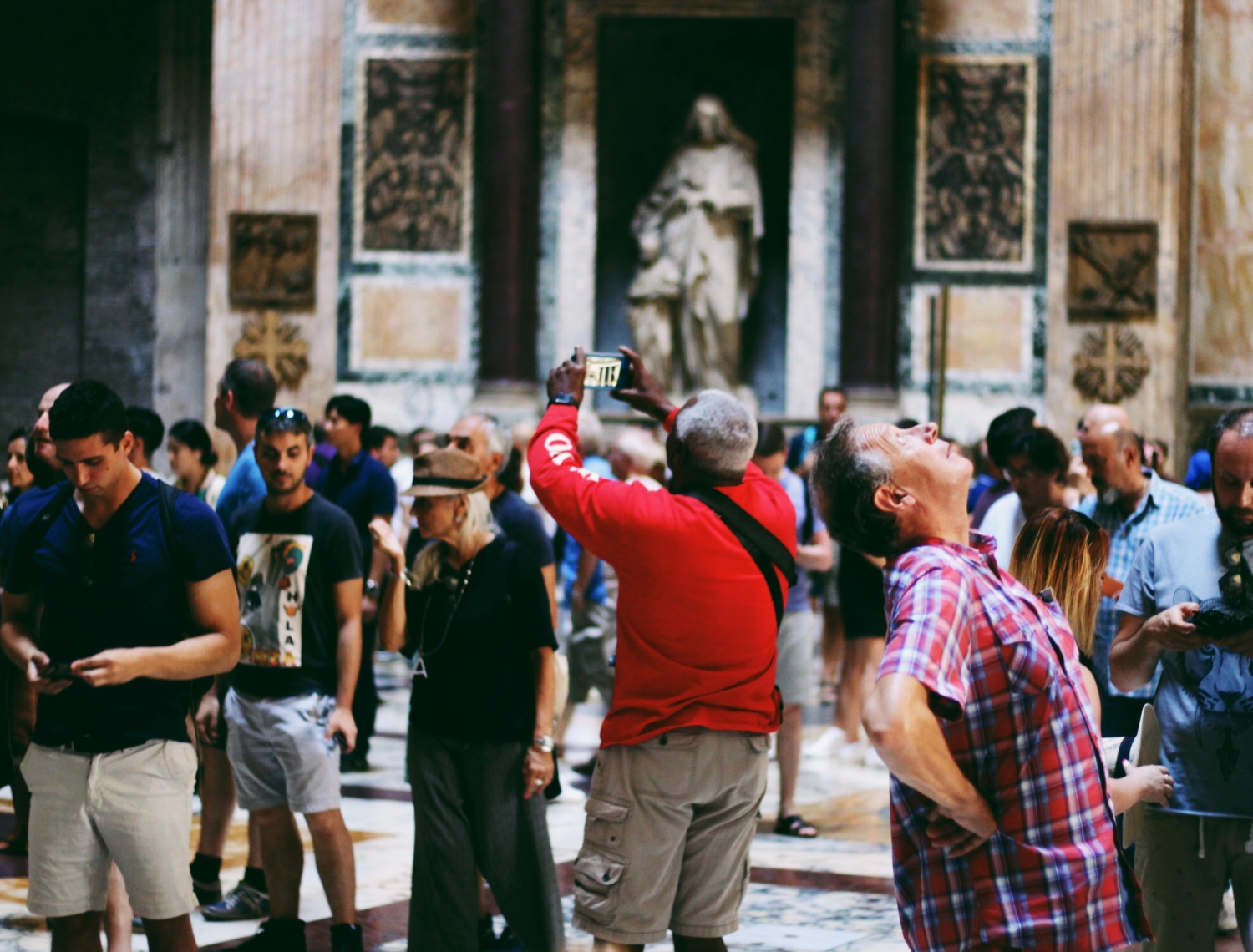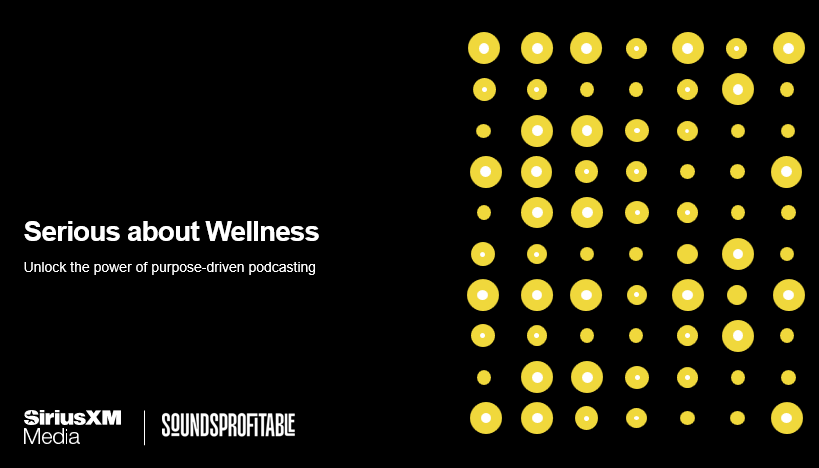Looking to post an open podcasting-related position? Seeking a new job in the podcast world? Check out our free job board, with over 100 positions listed and more being added each week. All at SoundsProfitable.com/jobs.
Here’s an example of the type of ad campaign podcasting has never had – a creative reframing of the “time spent listening” to podcasts as found time, not spent time. For this, I went back to the study Sounds Profitable released last year at Podcast Movement in Denver: The Podcast Landscape, our largest survey of 2023.
As a media researcher, I’ve studied lapsed consumers of every stripe over the last 25 years. When someone stops watching a specific show or listening to a radio station, it’s often because that show or station has gotten stale – often due to being out of touch with its audience. But what about when a consumer stops consuming an entire media platform? This is just as likely down to larger shifts in lifestyle than it is content. When you ask consumers why they are spending less time with something, the top answer is often “Not enough time/too busy”, but this is ever the case, is it not? In reality, they are telling you something about the priority they place on the thing they are too busy to watch or listen to.
In The Podcast Landscape, we asked podcast consumers if they were listening to podcasts more or less than they did a year ago. The good news: 40% indicated they were listening “more,” about twice the percentage of those who said “less”:
Still, nearly one in five indicated they were spending less time listening to podcasts. If we set people’s podcast listening time as equal, this is literally two steps forward, one step back. The obvious question here is, of course, why? What reason would almost 20% of current listeners give for spending less time with the medium? The answers were not surprising:
Over half of those listening less indicated some form of being time-starved, while nearly a quarter attributed the change to differences in their lifestyle (which is understandable, given the extent to which COVID shook the snow globe of media consumption over the past few years.) Here is what has not changed in 2024 compared to previous years: the number of hours it takes for the Earth to rotate on its axis once, or for the sun to revolve around the Earth, depending on your delusion. We all still have the same 24 hours we always did. What changed is how we fill that time.
An oft-used metaphor for time management is the concept of filling a jar with big rocks and fine sand. The big rocks represent the large, important tasks we have to make time for, while the sand represents all of the little, less important things we fill our days with. If you first fill your jar (your available time) with the sand, the rocks won’t fit. Start with the rocks, however, and the sand will fill in the cracks until the jar is full. I just saved you a fortune on productivity courses.
Podcasts are part of the “sand.” We have more room in our jars for sand than we think. For example, if you would have asked me five years ago if learning foreign languages would be the hot new craze of the 2020s, I might have laughed. Yet here we are, in 2024, watching apps like Duolingo and Babbel turn tens of millions of Americans back into students. Duolingo alone has more than doubled its monthly active users in the last five years (source):
How did learning a foreign language go from a nuisance undergraduate requirement to a thing my wife and I spend hours a week on? Duolingo transformed “learn a foreign language” from being a big rock to just a few grains of sand. I’ve recently been trialing a number of health and fitness apps, and some of my favorite ones have an onboarding process that asks you some version of this question:
How much time would you like to spend with (app) each day?
0-5 MINUTES
5-10 MINUTES
10-15 MINUTES
This is the adult equivalent of asking a child, “would you like to clean your room before or after dinner?” You still get the room cleaned; they feel like they had a choice. This is a key to behavior change.
Back to podcasting. The ironic thing about podcasts is that they actually are designed for people who are time-starved! One of the central benefits of podcasting is the fact that it’s on-demand, and allows you to time-shift your listening to wherever and whenever is convenient. In fact, podcast listening is even more convenient than Duolingo – you can’t learn French while you are driving, unless you are practicing “MERDE!” or “Bouge ton cul, espèce d’idiot!” or “J’ai heurté ton tricycle avec ma voiture et je me sens mal!”
Podcasts are the ultimate grain of sand, because they can fit into more places than any app or video. They just need to be reframed from thing that takes your time to thing that gives you more time. It’s doubtful that the average person would say that they have an extra hour a day to devote to podcast listening. But podcasts could be positioned as something that give you an extra hour you didn’t even know you had – the 25th hour of this newsletter’s title – if they can be framed as a way to grab five minutes to yourself, away from a screen, in those little pockets of time that we all know we have.
A way to sell the benefits of podcasting, then, might be in the service of creating more “alone time”, or savoring non-screen time in the course of a busy day. Video plants you in front of a screen, but podcasts are a way to create a new hour every day while you do the things around your home that keep you away from screens, like laundry or cleaning the garage or finally making that timpano from Big Night.
When you think of selling podcasting in this way, you begin to see how it can be positioned against TV, digital, and even Duolingo or Angry Birds. However, This leaves you with another challenge: what is the “on-ramp” to your podcast? For Duolingo, it’s the lesson – a thing you can accomplish in two minutes. Before you know it, you’ve done an entire unit, but that isn’t the on-ramp. For some podcasts, this might mean creating more bite-sized audio “snacks,” not to replace your full-length podcast, but as an aperitif.
One thing I have learned from reading countless legal thrillers in my life is that one of the best defense strategies is to take the strongest part of the prosecution’s case and run right after it as if it were a weakness. When consumers tell you that they don’t have enough free or alone time to watch or listen to something, audio (and podcasting) has a unique ability to run right at this and turn it into a major selling point – what if a podcast could turn all of that “wasted” time you spend paying bills and making omelets into new, found time just for you? What if a podcast could unlock a free, 25th hour in your day?
Steal this. Would I love it if the industry came together and turned this into the “Got Milk” campaign I’ve been writing about for years? Sure. But no one is coming to save you. Take the time to know your audience, empathize with their day, and don’t just take an hour of their time. Give them one.
New Partners
Sounds Profitable exists thanks to the continued support of our amazing partners. Monthly consulting, free tickets to our quarterly events, partner-only webinars, and access to our 1,800+ person slack channel are all benefits of partnering Sounds Profitable.
-
Since 2016, Lindsay Bowen Law has been hyper-specialized for podcasting contracts, IP, and pre-litigation advice, and leveraging Lindsay’s experience as head of Business Affairs at Stitcher/SXM/Pandora and training at the country’s top law firm.
-
Each week, people of all races, religions, criminal records, and sexual fetishes share a laugh with Tom, Christina, Bert and their fascinating, unpredictable, and very funny friends who call YMH home.
Want to learn more about partnership? Hit reply or send us an email!

